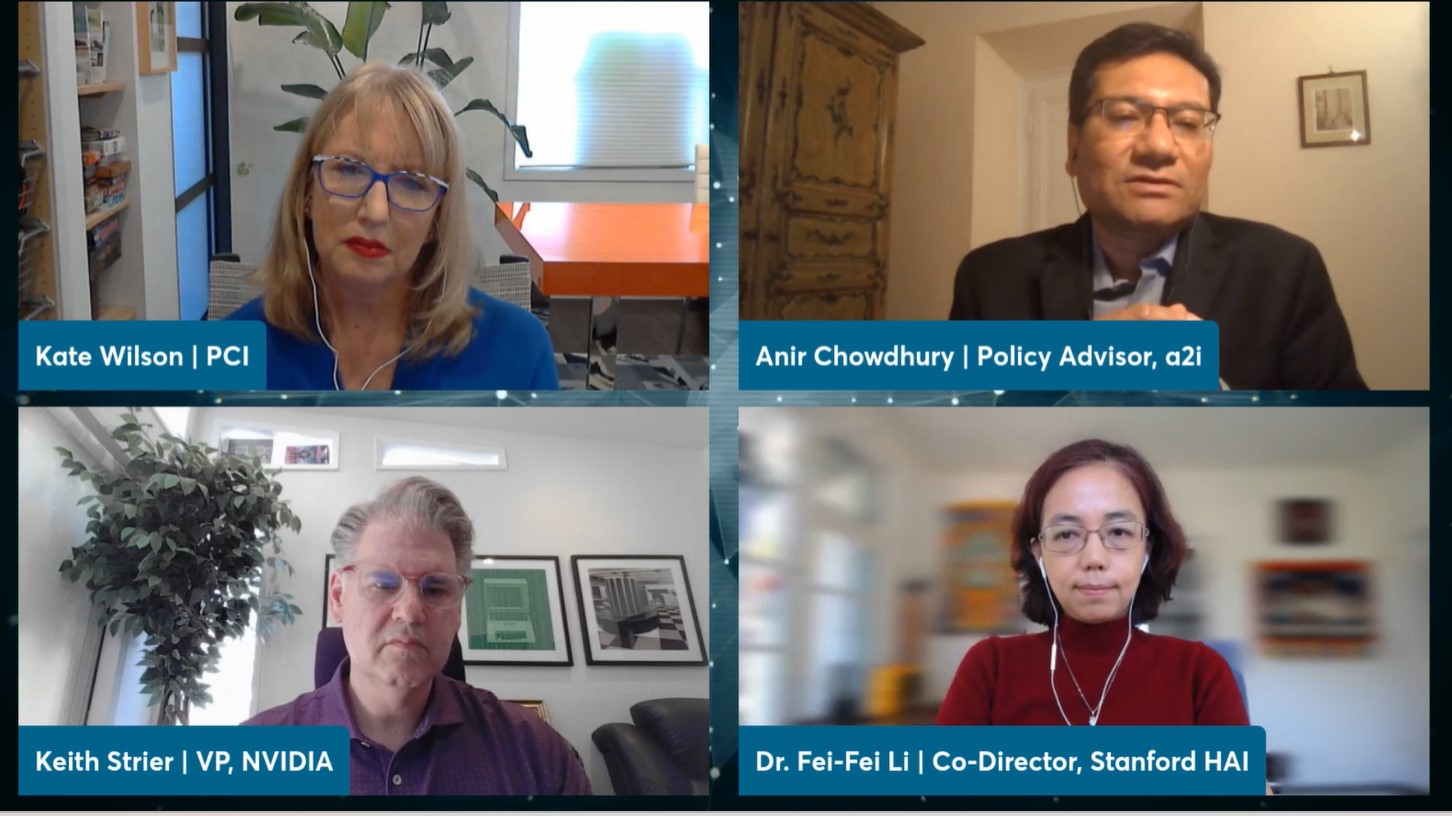
DHAKA, May 21, 2024 (BSS) - Bangladesh has joined a two-day global virtual celebration of the 50 years of the internet as a campaign partner.
The Institute of Electrical and Electronics Engineers (IEEE), the world's largest organization for technology professionals, hosted the event titled 'IEEE i50: A Virtual Celebration of 50 Years of the Internet', in collaboration with People-Centered Internet (PCI) on Sunday and Monday.
ICT Division's a2i joined the event as the campaign partner and participated in one of the major panel discussions, said a press release here today.
Representing Bangladesh in the global event, a2i Policy Advisor Anir Chowdhury took part a panel discussion titled 'How can we ensure AI serves everyone, everywhere?'
Other discussants were luminaries like Kate Wilson, Senior Fellow, PCI; Fei Fei Li, Co-Director, Stanford's Institute for Human Centered AI and Keith Strier, vice president of worldwide AI initiatives at NVIDIA.
At the discussion, Anir Chowdhury highlighted the remarkable digital transformation journey of Bangladesh and said, "In 2008, Bangladesh's per capita GDP was about $650, internet penetration was less than 1 percent and mobile penetration was only 1/6 of the population.
"But now, our per capita GDP has risen to $3,000, and we have transitioned from a low-income to a middle-income country," he added.
Focusing on simplifying public service delivery, a2i policy advisor said digital development impacts in Bangladesh are being measured through three key metrics: time, cost, and the number of visits required to access government services.
"We have digitalized more than 2,400 services out of 3,000 while services were delivered 6 billion times, saving about 20 billion working days, $30 billion cost, and 13 billion visits," he mentioned.
Pointing the potentials of artificial intelligence and the government's commitment in shaping the future of Bangladesh through its 'Smart Bangladesh' vision, Anir said, "Our journey with AI began around 2016-17, and by 2019, we introduced the country's first AI guideline and have already drafted a national AI policy too".
During the COVID-19 pandemic, he said, Bangladesh leveraged AI for syndromic surveillance by utilizing data from telcos and community diagnostics, he said.
"In Bangladesh, over the last two years, we have focused on what we call 'equality research endeavors' to understand the digital divide better. We concentrated on three areas: Connectivity, Digital and AI Skills, and Service Design. A focus on human-centered, inclusive AI is essential," the a2i olicy advisor added.
Speaking on the occasion, Keith Strier underscored the need for an ai-enabled computational infrastructure to protect the health of the population, improve the quality of healthcare and ultimately access to services.
Emphasizing on the importance of using AI responsibly, Fei-Fei Li said, "We want to improve wellbeing and keep the dignity and self-respect of humanity but make the world better".
i50IEEE Chair and Co-founder of the People-Centered Internet Mei Lin Fung said, "The Internet has profoundly impacted people around the world over the last 50 years. If we want AI and technology to serve humanity, we must imagine, evolve and work together to achieve a future of increasing opportunity for everyone everywhere."
2024 IEEE President Tom Coughlin and IEEE Life Fellow Vint Cerf, vice president at Google and also renowned as one of the 'Fathers of the Internet', also shared their insights on shaping a future digital landscape that will prioritize people amidst the growing presence of artificial intelligence (AI).
In celebration of 50th anniversary of internet, three significant achievements were celebrated that greatly influenced the development of the Internet.
These were: The TCP (Transmission Control Protocol-1974) that provided the framework for connecting diverse networks; The IEEE 802 Standards Committee (1980), which was pivotal in creating global network communication standards, ensuring seamless compatibility among devices on wired and wireless networks, and Google's PageRank Technology (1996), revolutionized web search engines by employing an algorithm that analyzes web page relationships, improving users' access to relevant information.